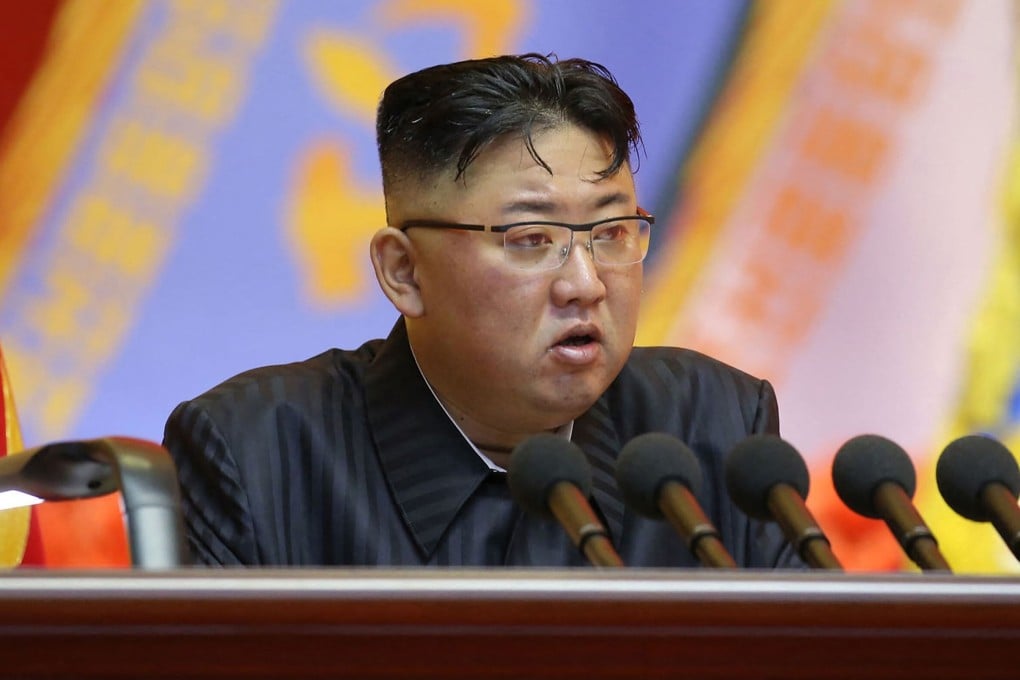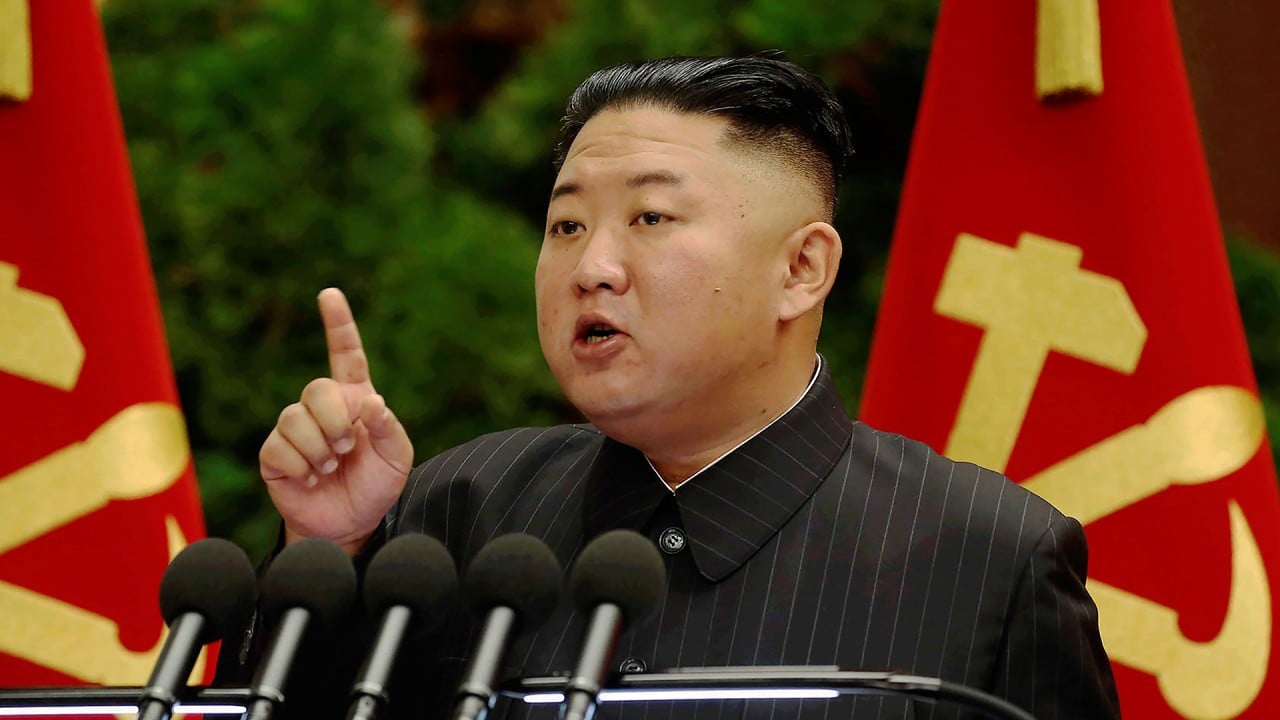Kim Jong-un hints at ‘hardships’, stoking fears of famine’s return amid North Korea’s pandemic isolation
- Three times this year, Kim has indicated his country is in trouble, raising the spectre of the deadly ‘Arduous March’ of the 1990s
- Sealed borders, severe weather, and the presumed spread of Covid-19 have combined to create a ‘gravely serious’ humanitarian situation, say observers

Kim’s acknowledgement of growing deprivation late last month was the third such public acknowledgement this year, including an admission in June that the secretive country’s food situation was “getting tense”.
In April, the third-generation dictator, who assumed power in 2011, told officials to prepare for another “Arduous March”, the term used to describe a famine during the 1990s that is estimated to have cost between 240,000 and 3.5 million lives.
“The fact that Kim Jong-un is saying that the situation is dire indicates to me that things are bad in North Korea,” said Dan Chung, executive director of Crossing Borders, a US-based Christian aid group that works with North Korean refugees.
“During the famine of the late 90s, North Korea made indications that the country was in trouble. North Korea’s default disposition is bombast and bragging. If they say they are in trouble, they usually mean it.”

01:00
North Korean leader Kim Jong-un scolds officials for ‘great crisis’ caused by coronavirus lapse
Tim Peters, the founder of Seoul-based non-profit Helping Hands Korea, said Kim’s remarks hinted at the “enormous impact” of the pandemic and related restrictions on the country.